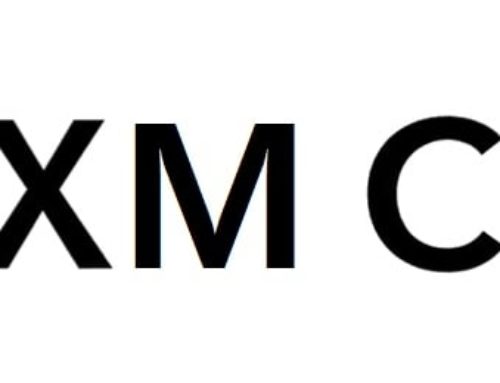Drupal Hooks – what is it?
High Score Labs News • Dec 15, 2020
In simple terms, Drupal hooks are functions named to allow users alter and add to the behavior of Drupal core, or other Drupal modules, by ‘hooking’ it, so to speak. Using Drupal hooks, you can view, change, and work with a series of data at specific points in Drupal’s processes without tampering with the existing code. A common example is the hook, ‘hook_form_alter’ which allows you to inspect and alter form data on your website before it’s output.
Drupal hooks are just one of the many means by which components of code interact with one another in Drupal. They are also the main attractions for Drupal users for they are very powerful and make Drupal flexible.
How to Use Drupal Hooks
You can use Drupal hooks to perform the following functions:
- Find a list of all existing, implementable hooks and find the one you need.
- Look up the documentation for any hook and use it in your module.
- Create and invoke a new hook to make your code elastic enough to be extended without modifying the root code.
Parts of a Hook
As can be inferred from the aforementioned example, hooks have three distinct parts;
- A name: “hook” here will be replaced by the machine name of your module.
- An implementation: This is the custom code to be executed in your module.
- A definition: The definition is provided by another module, which specified details such as the name of the hook, which arguments are to be implemented, and when they will be implemented.
Types of Hooks
Generally, hooks can be categorized into three types based on their functions;
- Info Hooks: Basically, these hooks answer questions. These hooks come to play when a particular component is gathering information about a particular topic. They return arrays whose values and structures are defined by the hook. In versions of Drupal before Drupal 8, info hooks help fetch new lists of functionalities.
Unlike previous versions however, Drupal 8 & 9 contains fewer info hooks. The plugin system now caters to most info hooks functions.
- Alter Hooks: These can easily be identified by the suffix _alter in their names. They alter existing data or lists of previously gathered information. They are often used in conjunction with info hooks. For instance, one could first use info hooks to invoke a list of functions, and then invoke an alter hook to change values on the list before it is used.
- Reaction Hooks: These react to actions. When an action is performed at any point in the system, these hooks are invoked to allow other code to do something based on the action. Say a user deletes their account on your website, for example, the reaction hook ‘hook_user_cancel’ is invoked to allow other code such as ‘comment_user_cancel’, which removes comments created by users when they delete their accounts, to be implemented.
Hooks can be quite a resource when you know what they are and how they are used. They make working with Drupal so much easier and flexible. They also make the workflow smoother and much easier to debug and modify at any time. Be sure to implement them in your code.
Contact us today!





